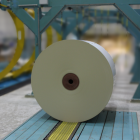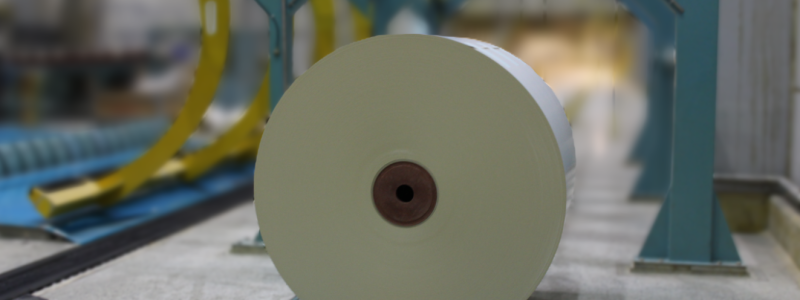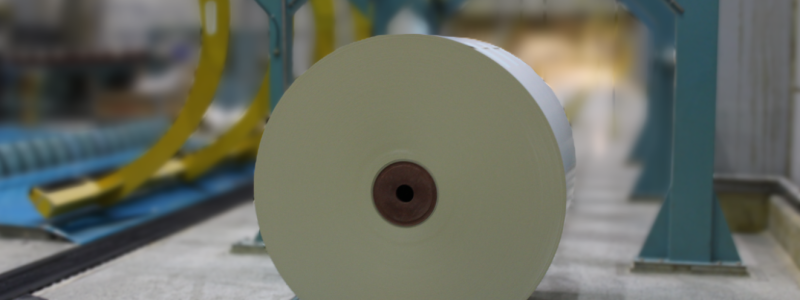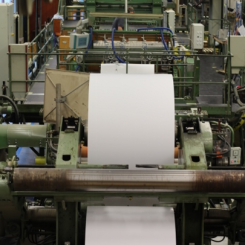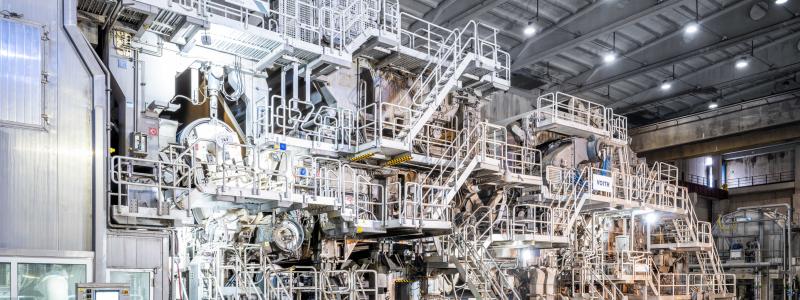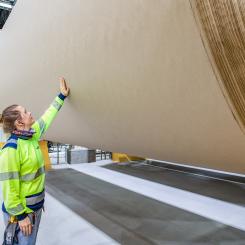Wet and mild weather in the fall and early winter has led to a shortage of pulpwood in late 2017 and early 2018.
The underlying cause of the shortage of pulp wood is the unusually wet and mild start of the winter. Normal winters the ground freezes which allows for efficient forestry. At present, forestry machines cannot be used in the forests in certain areas. In addition, the possibility of driving on the forest road network is limited in some areas, which also reduces the flow of wood. The situation is the same in the Nordic countries, western Russia and the three Baltic states, according to BillerudKorsnäs.
BillerudKorsnäs has taken measures to minimize the effects of the lack of pulpwood and follows the situation on a daily basis. The measures taken are mainly mix changes in production and redistribution of flows to optimize the use of wood.
"We have the opportunity to change the product mix in our production to optimize wood usage. This is something we look over every day but what we now do from the perspective of economizing wood, especially short fiber. To the plant in Gävle we have also imported eucalyptus chips from South America, something that has been evaluated to be used in this type of situations that historically happens every 5-10 years, "says Uno Brinnen, Senior Vice President Forestry, BillerudKorsnäs.
The financial impact on Q4 2017 results is minor and it is difficult to assess the extent of the lack of pulpwood and how long the situation will last but given current assessments the estimated negative impact on earnings in Q1 2018 is approximately SEK 80-100 million.


